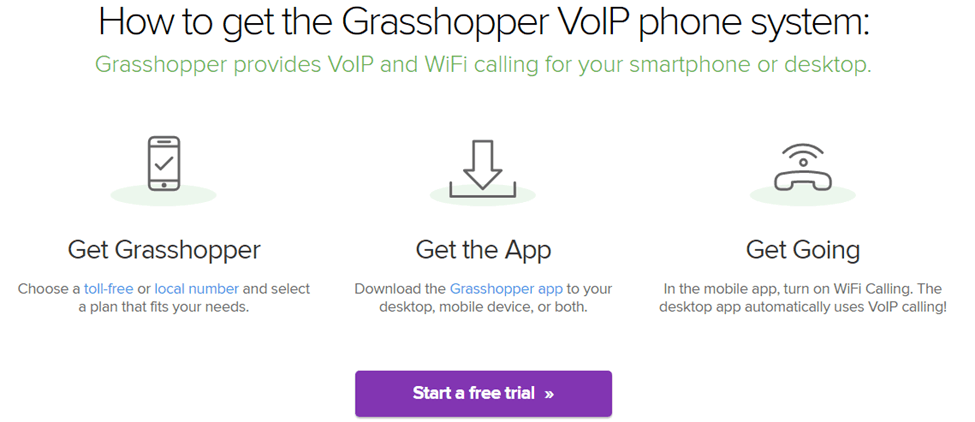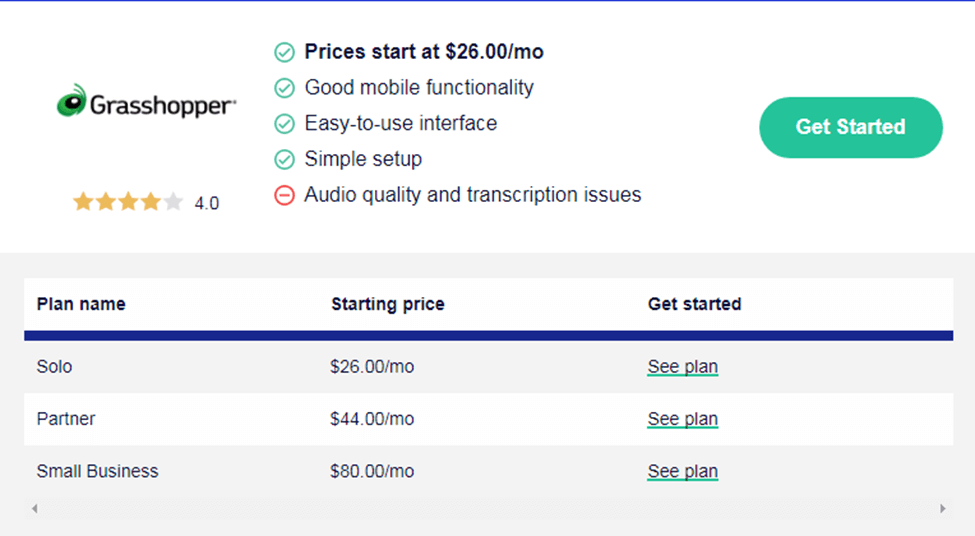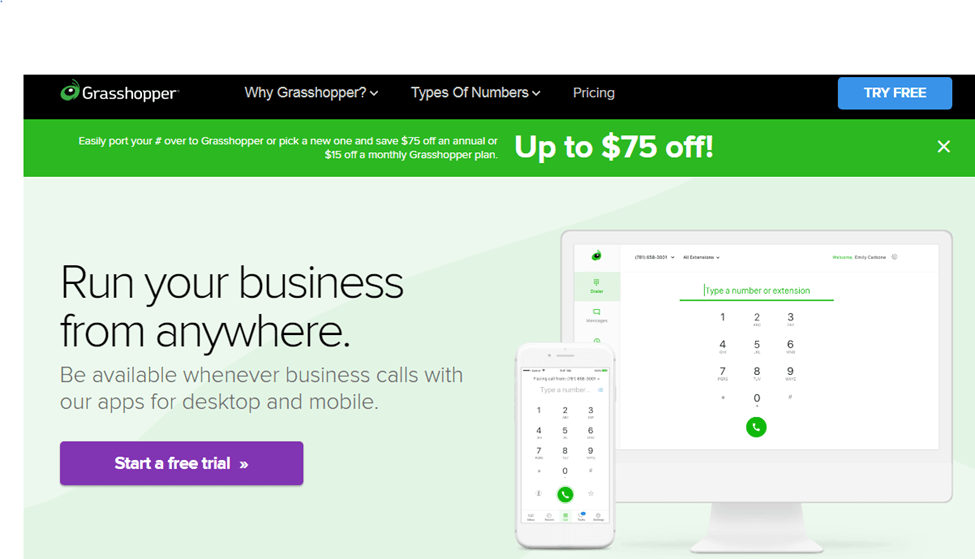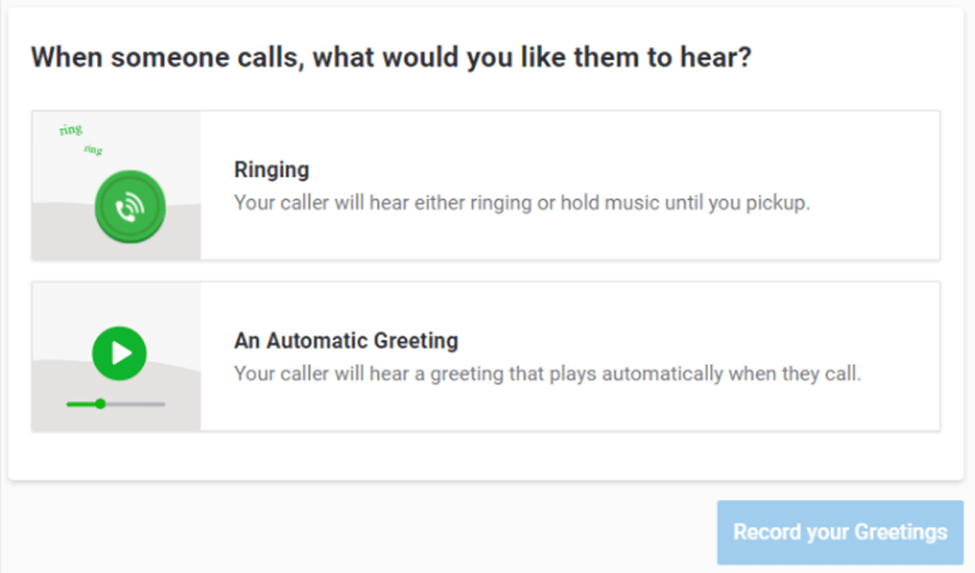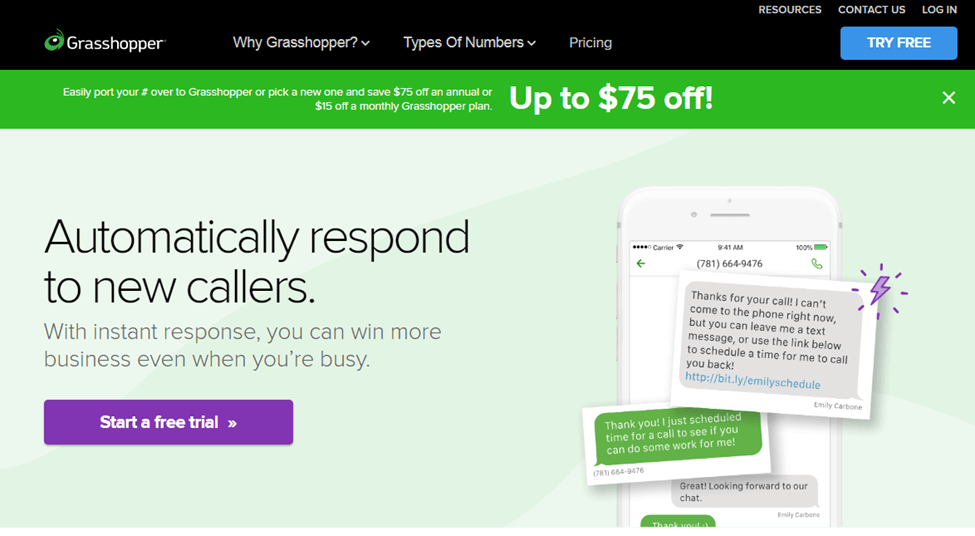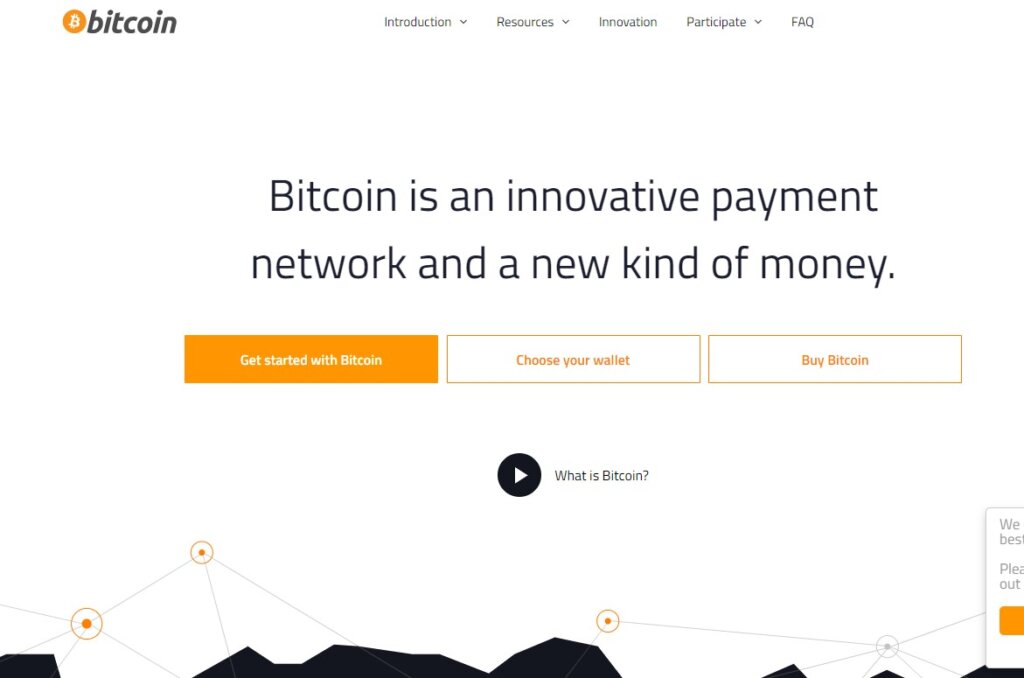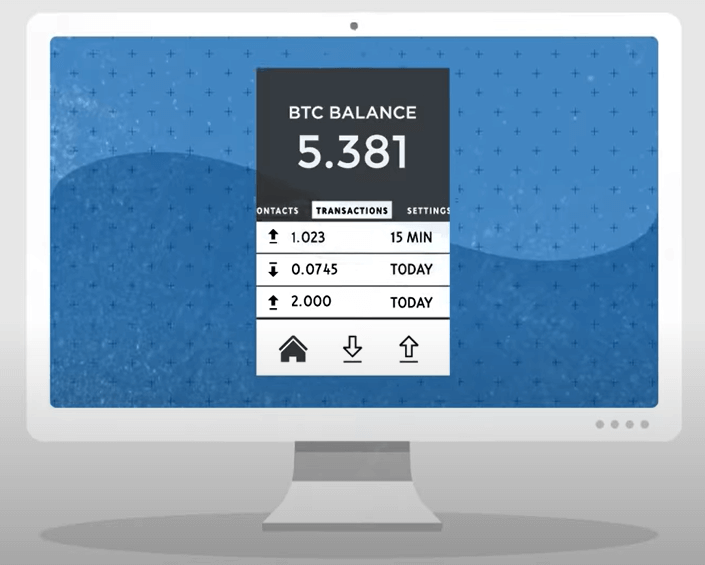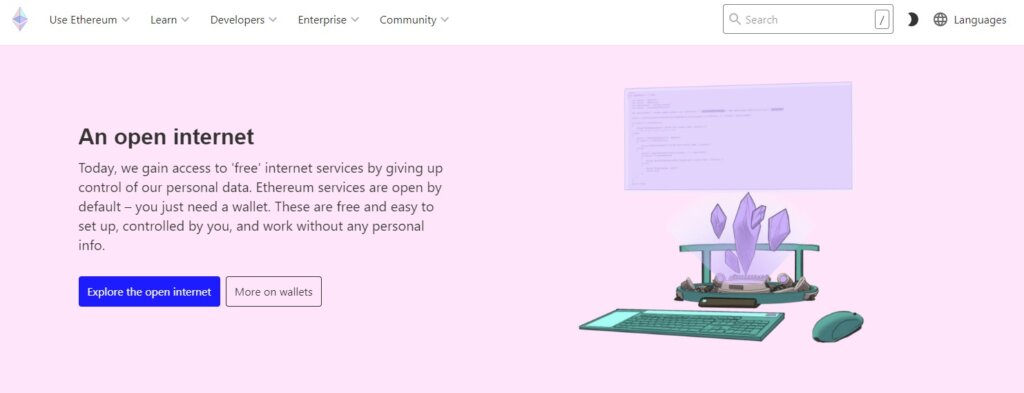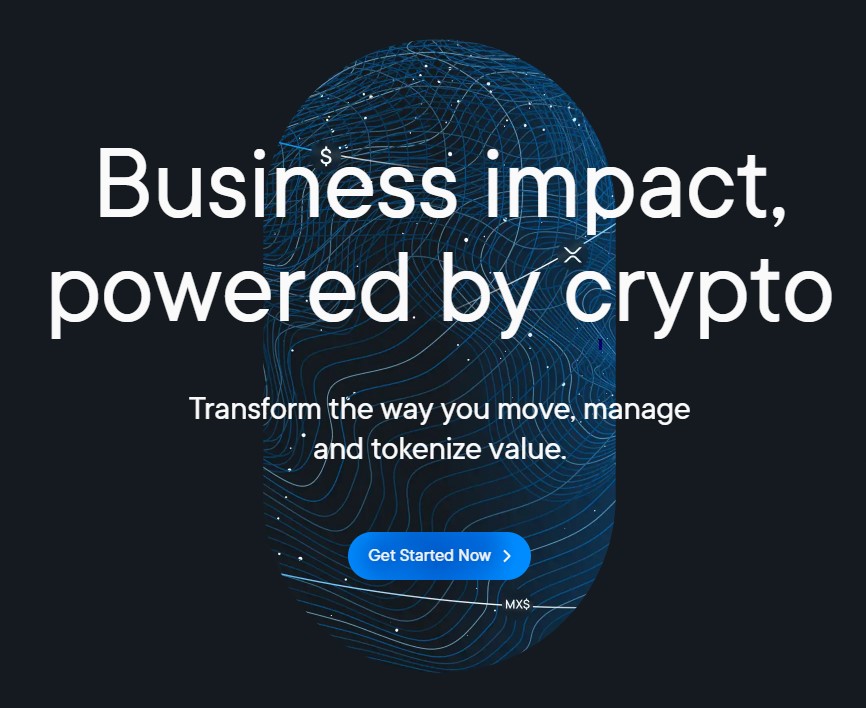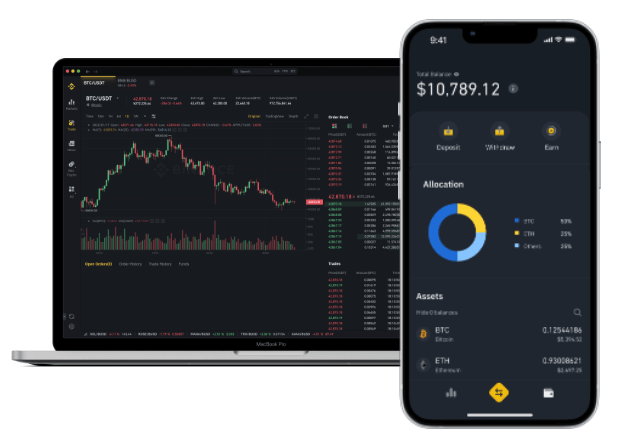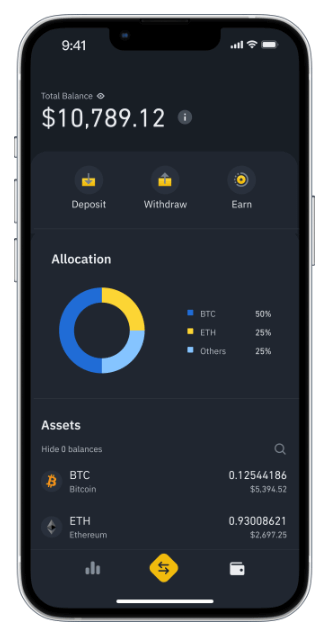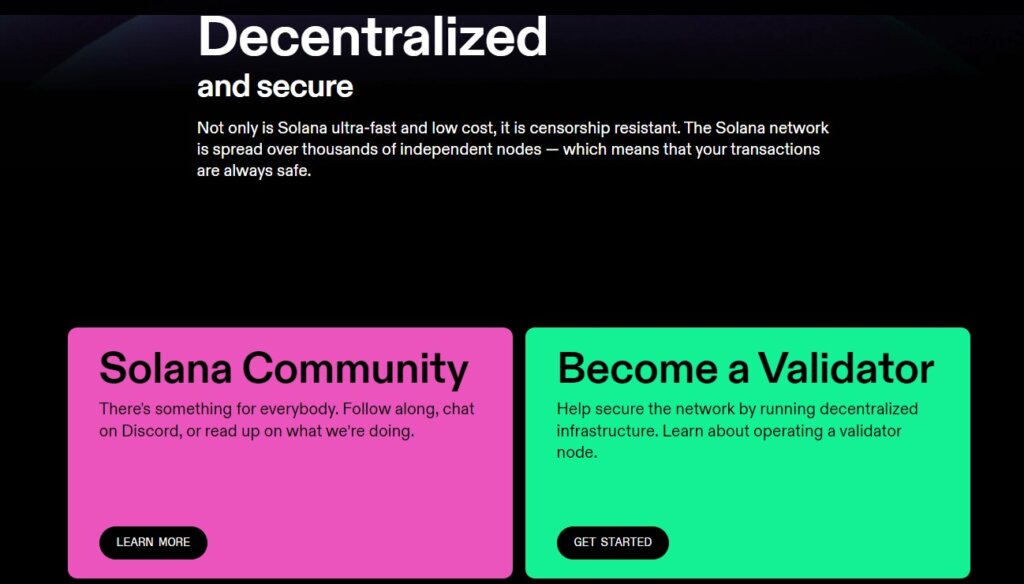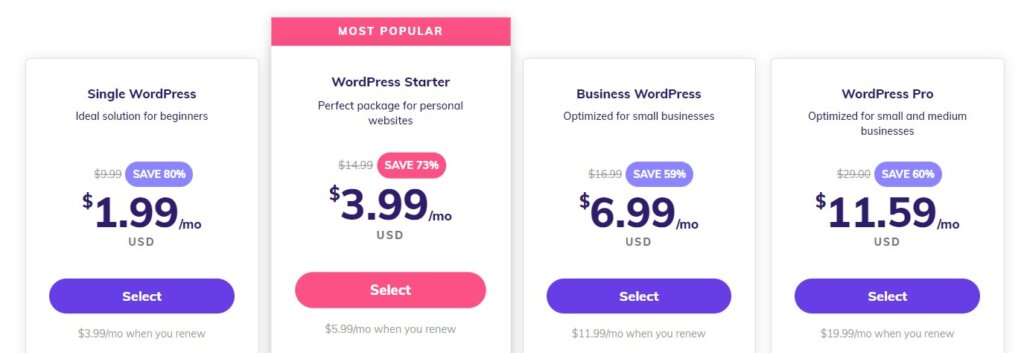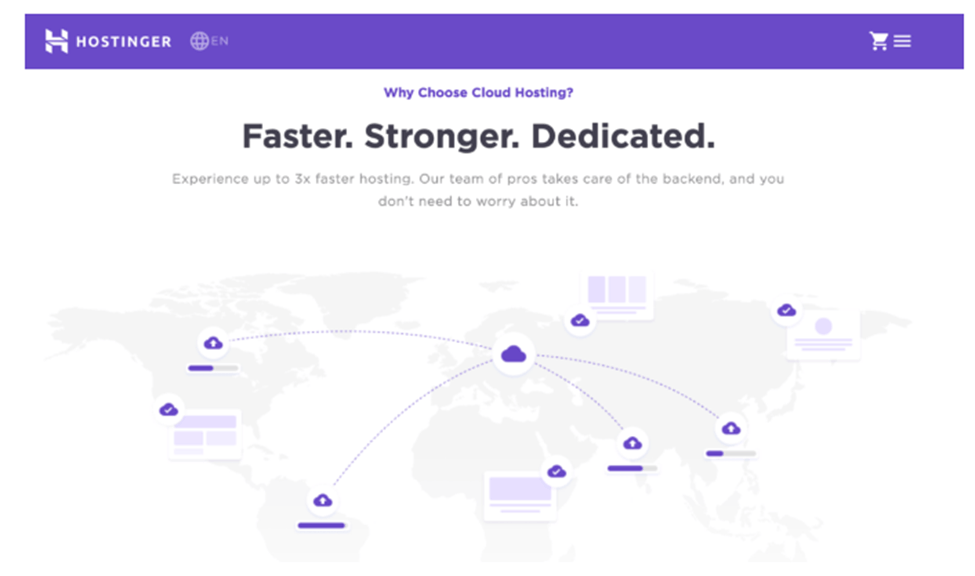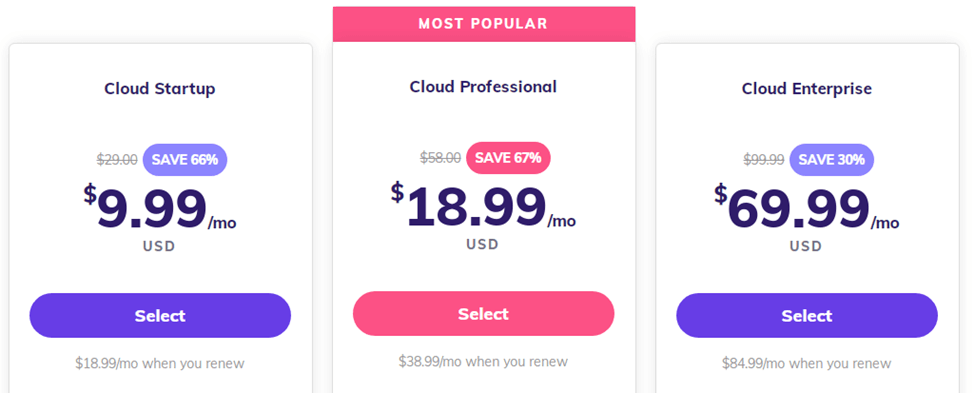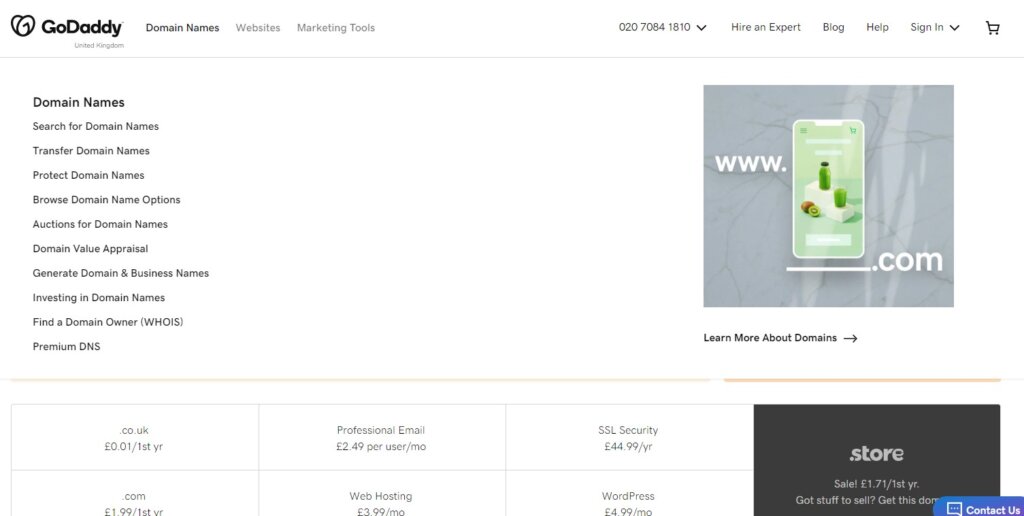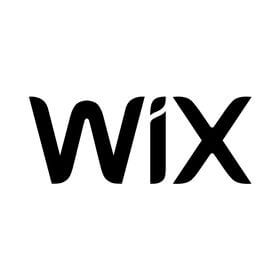Choosing good and cheap web hosting for your website doesn’t have to be expensive–affordable web hosting can also be high quality. With the right choice, you won’t just get hosting–you can also get the ability to design and build an affordable website for your small business.
Hostinger is our pick as the best overall affordable web host provider because of its initial cost, low renewal rates, and its user-friendly interface. We’ve listed other options for both beginners and advanced users with small budgets, so if Hostinger isn’t right for you, another option may work better.
Best Cheap Web Hosting
- Hostinger – Best Overall
- Namecheap – Best for Affordability
- Bluehost – Best for Ease of Use
- iPage – Best for Personal Websites
- DreamHost – Best for Monthly Pricing
Product
Initial Pricing
Renewal Rates
User Experience
Performance
Customer Service
Starts at $1.99/month
Minimal renewal rates
Intuitive control panel and beginner-friendly interface
Performance-driven and it uses LiteSpeed servers
Only live chat and email support
Starts at $1.58/month
2x higher than initial cost
Smooth UX and user-friendly website builder
Low-performance
24/7 live chat but no phone support
Start at $2.95/month
3x higher than initial cost
Straightforward and beginner-friendly tools
Slower servers compared to competitors
Three 24/7 live chat lines, email, and phone support
Starts at $1.99 per month
Up to 5x higher than initial cost
Easily accessible to low-level users
Slower servers compared to competitors
24/7 phone support, live chat, and email
Starts at $2.59 per month
2x higher than initial cost
Modern and clean panel, easy to navigate
High enough performance speed
Live chat from 3:00 AM to 9:30 PM PST
Hostinger is our top pick as the best cheap web hosting service for more reasons than its low price. The company is considered one of the fastest web hosts on the market. The average page load speed is 143 milliseconds and the cheapest plan can load in under one second. Hostinger also makes it easy to manage a website using hPanel, an intuitive, user-friendly, and straightforward control panel.
Hostinger also lets you choose how you want to pay for your hosting services. For single shared hosting plans, pricing starts at $1.99 for 48 months. But if you don’t want a long-term commitment, the company also offers a monthly tier that costs $9.99, plus a $4.99 setup fee. Plan renews at the same price.
Besides the monthly plan, all the other payments are made upfront. Hostinger’s customer service has no free phone support (you have to pay $2 per month extra), but you can count on their live chat and email support. According to many users, the live chat and email support are responsive and efficient.
Premium shared hosting starts at $2.99 per month, and both Premium and Business shared hosting lets you host up to 100 websites and offers one free domain, unlimited bandwidth, and unlimited databases. The downside, however, is that Hostinger offers no daily free backup for entry-level plans unless you upgrade to premium packages, such as Shared Business, Business WordPress or above.
The company still offers weekly backups instead, for the plans Shared Single, Shared Premium, Single WordPress, WordPress Starter, and VPS plans.
Why we chose it: Hostinger is our top pick because it’s performance-focused, it’s beginner and user-friendly and its plans are affordable even for tight budgets. Read our full Hostinger review for an in-depth look.
- Beginner-friendly
- Low cost plans
- High-performance
- No free daily backup
- Customer support could be better
Pricing: Hostinger also lets you choose how you want to pay for your hosting services. For single shared hosting plans, pricings are the following:
- Monthly: $9.99 + $4.99 set-up fee. Plan renews at the same price
- 12 months: $3.49/month and it renews at $5.99 monthly
- 24 months: $2.49/month and it renews at $4.99 monthly
- 48 months: $1.99/month and it renews at $3.99 monthly
- Premium shared hosting: Starts at $2.99/month for 12 months and it renews at $8.99 monthly
- Business shared hosting: Starts at $4.99/month for 48 months and it renews at $8.99 monthly
Although Namecheap is best known for selling domains, it also offers affordable web hosting services. The company lives up to its name – the low-entry plan tier starts at as little as $1.58 per month and you get a free website domain and the ability to host three websites.
The renewal prices are also minimal – just two times higher than the original price. That means, for instance, if you choose the entry-level plan (Stellar Plan), you’ll pay $21.88 for the first year and $42.88 to renew the contract. Namecheap displays the renewal rates in a small disclaimer right below the “Get Started” button, so no surprises when renewing your plan.
The storage capacity for the most basic shared hosting plan is 20GB SSD, unmetered bandwidth, free CDN, and free SSL certificate. Namecheap also offers a free website builder with 200+ templates to choose from, drag-and-drop interface, and a responsive design, which makes Namecheap user-friendly.
When it comes to performance, Namecheap falls behind its competitors. For instance, the shared hosting plan doesn’t support more than 100GB of file upload, so if you need to upload larger files, you should choose Hostinger instead which is performance-focused. Namecheap customer’s support is limited – similar to Hostinger, the company offers only live chat and email support but no phone customer service.
Why we chose it: Namecheap offers affordable plans with minimal renewal rates, and it’s user-friendly. Read our full Namecheap review for an in-depth look.
- Most affordable with low renewal rates
- Free domain name
- User friendly
- Limited customer support
- Poor performance
Pricing: Namecheap offers three different shared hosting plans: Stellar, Stellar Plus, and Stellar Business.
- Stellar: $3.88 (billed monthly), $1.88 (billed annually) and $1.58 (2-year contract)
- Stellar Plus: $5.88 (billed monthly), $2.98 (billed annually) and $4.98 (2-year contract)
- Stellar Plus Business: $9.88 (billed monthly), $4.98 (billed annually) and $4.68 (2-year contract)
If this is your first time building a website, then you should consider Bluehost. The tools are beginner-friendly and Bluehost offers a website builder, for just $2.95 per month. Quick start smart templates, unlimited uploads, one-click WordPress access and drag-and-drop capabilities are some of the features of its website builder tool. Bluehost also works with WooCommerce integration, mainly focused on ecommerce platforms.
Pricing starts at a promotional rate of $2.95 per month for a basic shared hosting plan for 36 months and it auto-renews at a regular rate. The company offers a knowledge base page that compares all their plans and a pricing renewal table. For instance, if you pick the entry-level plan (called Basic) for 12 months at $2.95, the renewal price will be $9.99.
For this plan, you can get one website, 50GB SSD storage, a free domain for a year, as well as a free CDN, and free SSL certificate.
If you want to start with a WordPress website, Bluehost is also a great option for you. Its WordPress hosting plan gets you one WordPress website, storage of 20GB, free SSL, and custom themes also at $2.95 for a 36-month contract.
However, one of the cons of Bluehost is its control panel. Often used by many web hosting providers, cPanel has changed into a user-friendly interface but the system is oftentimes fragile and it already happened that the cPanel server accidentally removed all data during major updates, and if the website has no backup, users risk losing data.
Another downside is that Bluehost only offers free migration within the first 30 days after signing up. In case you need to migrate the website after this period, you’ll need to pay for it.
Why we chose it: Bluehost is an excellent option for beginners and those who want to build their own websites. Also, the company provides WordPress hosting at the same price as the basic shared hosting plan. Read the Bluehost review to learn more about its features and pricing.
- Excellent option for first-time users
- WordPress hosting available
- WooCommerce integration for ecommerce shops
- cPanel as control panel
- Paid migration
Pricing: For shared hosting plans, Bluehost offers four options: Basic, Plus, Choice Plus, and Pro. For WordPress hosting plans, prices are the same.
- Basic: $2.95 (12 months & 36 months)
- Plus: $5.45 (12 months & 36 months)
- Choice Plus: $5.45 (12 months & 36 months)
- Pro: $13.95 (12 months & 36 months)
If you’re not sure which plan you should choose for your first website, iPage makes it easier for you. The company has been on the market since 1998. It offers a straightforward single plan, which is ideal for those who want to set up a personal website. iPage is also a great option for freelancers, bloggers, and small business owners who need plenty of storage and don’t have much budget to invest in web hosting.
Go Plan comes with unlimited websites, unlimited storage, free SSL, free domain for a year, free email address, and a website builder. Pricing starts at $1.99 per month for 36 months. The company has a pricing page too, displaying its regular renewal rates. For example, the $1.99 monthly plan for 36 months renews at $8.99/month.
Similar to Bluehost, iPage building functionalities are easily accessible to low-level users–all templates are customizable and responsive. You can also create a WordPress website with the one-click installer feature if you wish.
If you plan to turn your website into an online store, iPage allows you to shift it into an ecommerce shop quickly and easily. The online store functionality is free, and it comes with personalized shopping carts, PayPal integration, email marketing integration, and a one-click installer.
Also, if you plan on scaling your business in the future and migrating to a business website, iPage offers advanced solutions with additional resources. In this case, you can shift to advanced web hosting solutions such as VPS and Dedicated Server hosting.
Why we chose it: iPage offers a single and straightforward plan for all its users with many unlimited free features such as unlimited storage, unlimited websites, and a free domain for a year.
- One straight to the point single plan
- Many unlimited features
- Free online store
- Lack of variety in plans
- No cloud-based hosting options
Pricing: iPage offers one single plan. It starts at $1.99 per month for 36 months, $2.49 per month for 24 months, or $2.99 per month for 12 months. All pricing tiers should be paid upfront.
For those who don’t want to commit for long and just need to host a website for a year or a few months, DreamHost lets you do that. The Shared Starter hosting plan starts at $1.99 with no commitments or contracts; you’ll get one website, unlimited traffic, WordPress pre-installed, free SSL certificate, and unlimited disk space and bandwidth.
The second shared hosting plan is called Shared Unlimited, and as the name suggests, you’ll get unlimited websites, unlimited email, unlimited traffic, and bandwidth. This plan starts at $2.99 per month, and you can cancel at any time.
Although not a free web hosting provider, DreamHost offers its users other benefits such as a 97-day money-back guarantee, an advanced and user-friendly control panel that’s easy to understand (as opposed to the standard cPanel that comes with many other web hosting providers), and competitive performance for an affordable price, and free migration.
The downside of DreamHost is the renewal pricing, which is higher than the initial ones. However, the company is transparent about the initial promotional tier and provides a disclaimer right next to the pricing.
Even if renewal rates aren’t the same as intro pricing, you’ll know right off the bat how much you’ll be paying when the contract expires. DreamHost only offers free email with the Shared Unlimited plan. That means, if you choose the Shared Starter plan, you’ll need to add email for $1.67 monthly.
- Monthly plans with no commitment
- Free migration
- User-friendly control panel
- Renewal pricing higher than initial pricing
- No free email on Shared Starter plan
Pricing: For shared hosting plans, DreamHost offers two plans: Shared Starter and Shared Unlimited.
- Shared Starter: Starting at $2.59 monthly for three years, $2.95 monthly for a year, and $1.99 for the monthly plan–no commitment or contracts.
- Shared Unlimited: Starting at $3.95 monthly for three years, $2.95 monthly for a year, and $2.99 for the monthly plan–no commitment or contracts.
Methodology for the Best Cheap Web Hosting Services
The method we used to analyze the best and most affordable web hosting providers was to think of what a small business wants when searching for a web host. Saving a few pennies is good, but it shouldn’t be the only criterion. That’s why we considered others, such as renewal rates, UX, customer service, and website performance.
- Initial pricing: We checked if the initial pricing is the best bang for the buck for the first years or months.
- Renewal rates: However, renewal pricing isn’t always what you pay initially when the contract expires, so it’s essential to know how much more you’ll pay afterward.
- User experience: It’s critical, especially for first-time users, to have a user-friendly and clean customer interface to navigate and find the tools you need by yourself easily.
- Performance: Affordable prices don’t always mean good website performance, so we also looked into what a web hosting service provider can do for its entry-level users when it comes to overall performance.
- Customer service: Similar to the UX, beginners need fast, responsive, and effective customer support whenever they need it.
What Else You Need to Know About Affordable Web Hosts
There are some common features a good and affordable web hosting service should provide to its users. Security features and a user-friendly control panel are as important as pricing and performance. But not everyone is familiar with some technical expressions, names and features – these are some other things you should know about affordable web hosting providers before you choose the best option for your business.
What is a CDN?
CDN stands for Content Delivery Network and it refers to a geographically distributed group of servers that work together to accelerate content delivery on the internet.
Why You Need an SSL Certificate
An SSL Certificate is a digital certificate that authenticates a website’s identity and is used to secure and encrypt sensitive information like credit cards, usernames, passwords, and other private data sent over the internet.
Anyone who deals with sensitive data, including people, software, and all types of devices needs to use an SSL Certificate.
What’s the Difference Between cPanel & hPanel?
cPanel is a Linux-based control panel to help users with website and server management; it’s typically paired with WHM (Web Host Manager).
hPanel, on the other hand, is a control panel created by the web hosting company Hostinger and its team of researchers and developers, which means it is only available for Hostinger users. Oftentimes, hPanel is considered an upgraded model version of cPanel, but more intuitive and beginner-friendly.
Shared vs VPS vs Dedicated Hosting: Which One You Should Choose
Shared hosting is the cheapest option being the perfect option for first-time users and small businesses with little to no technical expertise. Virtual Private Server (VPS) still offers a shared server space among its users but in this case, the host offers a partition for each user and dedicated server space.
Dedicated hosting as opposed to the shared hosting option, offers complete server control and a dedicated physical server. Both VPS and dedicated hosting require higher technical expertise and are recommended for mid to larger companies with heavy traffic.
Frequently Asked Questions (FAQs) for Cheap Web Hosting
We’ve listed some of the most frequently asked questions about low-cost web hosting service providers.
Bottom Line – Best Cheap Web Hosting Services
Choosing the right web hosting service provider for your small business doesn’t have to be a difficult task. However, affordable pricing doesn’t always mean the best service or high-performance, but some companies are here to prove they can still offer inexpensive plans without compromising quality.
Hostinger is the best overall web hosting provider for small businesses because it’s easy to use, works with powerful servers, and provides a high-performance website to its users, even on entry-level plans, at modest costs.









